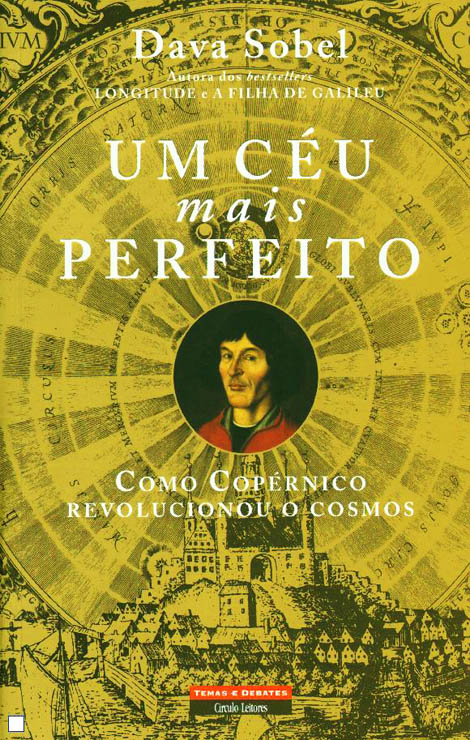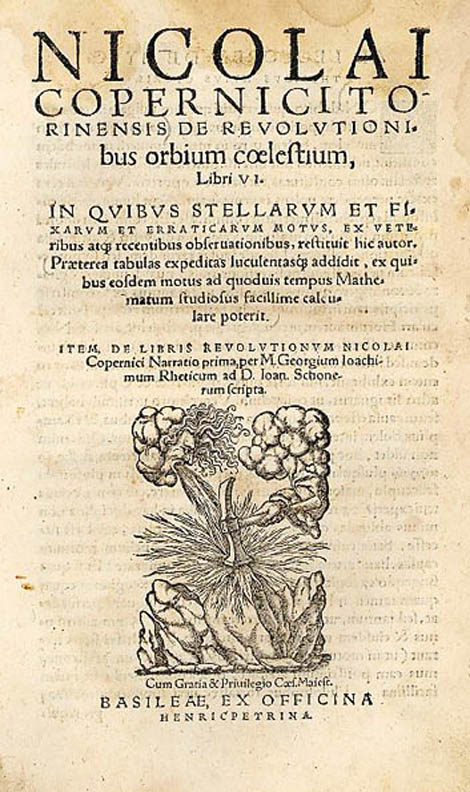 From “Sunrise” to “Sunset”. The transit of the star king in the firmament has always marked the activity of life in human societies, in particular, and in all life in general. Those two expressions are present in many if not all human languages.
From “Sunrise” to “Sunset”. The transit of the star king in the firmament has always marked the activity of life in human societies, in particular, and in all life in general. Those two expressions are present in many if not all human languages.
In the other living beings that coexist with us on this planet, sounds that announce those celestial events are also identified. Who does not remember or still wakes up to the rooster crowing breaking the dawn in a light announcement? Or the chirping of the birds discussing the condominium of a branch at dusk?
It's been that way as long as there's memory, as long as there's history. The senses thus eluded us for thousands or even millions of years: it is the Sun that moves around the Earth, that breaks through the day to the east, that ends the journey to the west, in an eternal cycle.
But is this really what tongues and our senses tell us? What made someone consider that they could be different? The progressive observation of the sky, the meticulous and accumulated record over centuries of the movement of the other planets visible to the naked eye.
The geocentric model served for the organization of human life on Earth, but it was insufficient to understand the organization, the behavior of the stars in the sky. Incomplete for knowledge, last abode of human destiny. But to break with the sensory illusion sedimented by secular and timeless powers, doctrines centered on the navel of humanity, it took the courage of some to raise the truth, like a lit candle, in the dark night.
Around 1510, the Pole Nicolas Copernicus (1473 – 1543), then around 40 years old, established a new conception of our solar system, in which the Sun, rather than the Earth, was at the center: the heliocentric model .
But, with a visceral fear that he might be the laughingstock of his fellow mathematicians and the wrath of other gentlemen, he hid his theory for another 40 years!
What made you change your mind and write your theories in the book “On the Revolutions of the Celestial Bodies”, which marks the beginning of a new era for knowledge and for the place of humanity in the Cosmos? A young German mathematician named Georg Rheticus (1514 – 1574). It was Rheticus who convinced Copernicus and took the manuscript for it to be printed in 1539 at Nuremberg, at the best printer of scientific texts in Europe at the time.
 Nobody knows until today how Rheticus convinced his master to change his mind about the publication of the work that has caused such an impact until today. It is in this mysterious epicenter of confrontation of personalities and circumstances from the history of the century. XVI that the award-winning writer Dava Sobel (who was science editor for the New York Times) develops and offers us yet another superb book.
Nobody knows until today how Rheticus convinced his master to change his mind about the publication of the work that has caused such an impact until today. It is in this mysterious epicenter of confrontation of personalities and circumstances from the history of the century. XVI that the award-winning writer Dava Sobel (who was science editor for the New York Times) develops and offers us yet another superb book.
In “A More Perfect Heaven – How Copernicus revolutionized the cosmos”, published in September 2012 by Temas e Debates and Círculo de Leitores, Dava Sobel, with the same captivating mastery present in “Longitude” and “The Daughter of Galileo” ( published among us by Temas e Debates) tells us about the life of Nicolaus Copernicus.
In the first part, he presents the human being in the antechamber of the work that made him famous as one of the giants of modern science, as well as describing the consequences and impact of his publication, which he presents in the third and last part of the book.
In the second and central part (“And the Sun Immobilized”), Dava Sobel places us as privileged spectators of a dialogue, in two acts, between Copernicus and Rheticus. Based on “words they wrote in various letters and treatises”, the author weaves, in a historical and factual context, a fiction about how Rheticus persuaded Copernicus to let his manuscript see the light of day.
With this book we are transported to the crucial debate that took place in the mid-century. XVI, which redefined our place in the Cosmos. Between centuries and centuries of dawns and sunsets, the Earth has always revolved around the Sun. The awareness of this knowledge has not taken away from us any fascination with the splendor of sunrise and sunset, which continue to fertilize our emotion and poetry . This is a book to read between any of these moments, in light of our humanity.
Bibliographic Sheet
Title: A More Perfect Heaven
Author: Dava Sobel
Editor: Themes and Debates
Edition year: 2012
ISBN: 9789896441814
Number of pages: 316
Edition: 1st in September 2012
Binding: Broach
















Comments